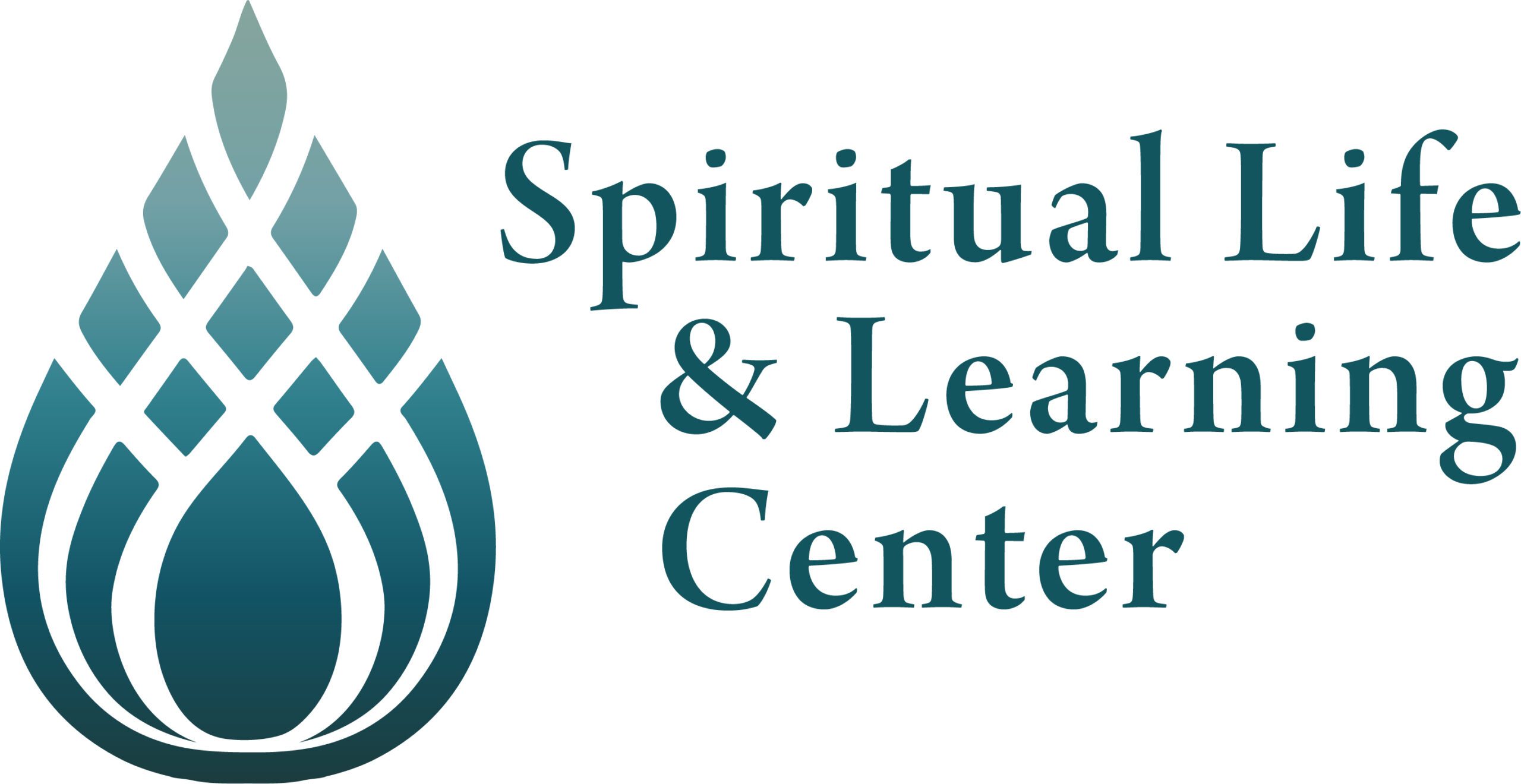Our Older Adult Ministry Council requested a few paragraphs about our clergy’s “call” to ordained ministry, to which I responded as best I could, having felt that I “backed into” ordained ministry in a way. But this exercise caused me to reflect upon an earlier, and deeper, call I feel I received, a call to the spiritual life, to the inner life. I believe that’s a call that most of us who participate in The Burkhart Center have received.
My call began as early as adolescence, when I began to question my own experience, wondering “Why am I the way I am?” (shy, awkward, quiet, introspective, self-conscious—Wow! Some things don’t change much!) and particularly at that time, “Why am I so much different than my brothers?!”
A spiritual path became a necessity for survival, if not already at that time a call toward some sort of realization.
I don’t know where I glommed onto the notion that by investigating my own experience I could get closer to what was real—maybe because that was the only tool I had available to me. The necessity came out of a great deal of internal suffering (well, and plenty of external too as one brother would frequently beat me up and both would taunt, tease, and torment their sensitive little brother). But we all have psychic suffering as a result of normal human development, which contains trauma enough in itself, and it is this mental/emotional suffering that leads many to find a spiritual path.
I trust this puts to rest the notion that the authentic inner life is about a narcissistic navel-gazing; it’s much too painful a process for our inner narcissist to handle.
David Hett
Richard Rohr refers to this as “necessary suffering” in his book, Falling Upward:
Carl Jung said that so much unnecessary suffering comes into the world because people will not accept the “legitimate suffering” that comes from being human. In fact, he said, neurotic behavior is usually the result of refusing that legitimate suffering! Ironically, this refusal of the necessary pain of being human brings to the person ten times more suffering in the long run.
Much later I suppose, the obvious necessity for me of discerning more clearly and formally my own experience and awareness, solidified from university philosophy professors (Socrates’ “the unexamined life is not worth living”) and simultaneous studies in Eastern religious thought.
Whatever brought it about, this was the call and the path: to follow the thread of experience and explore with ever-increasing attention the greater field of awareness in any moment. With various teachers and within supportive communities along the way, this path has impacted me in such a way that my go-to theological position now is that the Divine Intelligence has given conscious beings all the apparatus we need to discover the Source (the Beloved), which is our true nature as humans of Being: that is, we are equipped with our senses, our bodies, minds, and hearts, and our curiosity, not to mention the entire manifest world around us. The kingdom, as Jesus said, is truly within you and among you.
More directly, and also more ominously, Jesus says this in the Gospel of Thomas:
God’s kingdom is inside you and outside you. When you come to know yourselves, you will be known and you will realize that you are sons [and daughters] of the Living Father. But if it happens that you never come to know yourselves, then you exist in poverty, and you are the poverty.”
Parker Palmer describes both the rationale and the challenge of the “inner life” when he describes it as “a largely silent, solitary process of reflection that helps us reclaim the ‘ground of our being’ and root ourselves in something larger and truer than our own egos. Only so can we put our lives in perspective, embrace our shadow and our light, transcend the regrets and fears that often come with age, and reconcile ourselves to what the poet Stanley Kunitz calls the heart’s ‘feast of losses.’ Of course, the inner journey has its challenges, which is why some of us are loath to take it. When we go inward, we are forced to meet our demons face-to-face, to travel long miles in the dark without being able to see the light at the end of the tunnel.”
I trust this puts to rest the notion that the authentic inner life is about a narcissistic navel-gazing; it’s much too painful a process for our inner narcissist to handle. A contemporary spiritual master of this work, Pema Chodron, puts it this way:
We might think that knowing ourselves is a very ego-centered thing, but by beginning to look so clearly and so honestly at ourselves—at our emotions, at our thoughts, at who we really are—we begin to dissolve the walls that separate us from others. Somehow all of these walls, these ways of feeling separate from everything else and everyone else, are made up of opinions. They are made up of dogma; they are made of prejudice. These walls come from our fear of knowing parts of ourselves.
Paradoxically, “to know yourself is to forget yourself.” Thus, Pema describes the beauty of “breaking down the walls of separation, the hostility that divides us” (Ephesians 2:14):
The inner journey is where “you become willing to step into the unknown territory of your own being”
Pema Chodron
The inner journey is where “you become willing to step into the unknown territory of your own being,” she says. “Then you realize that this particular adventure is not only taking you into your own being, it’s also taking you out into the whole universe. You can only go into the unknown when you have made friends with yourself. You can only step into those areas ‘out there’ by beginning to explore and have curiosity about this unknown ‘in here,’ in yourself.”
When we are not so self-involved, we begin to realize that the world is speaking to us all the time. Every plant, every tree, every animal, every person, every car, every airplane is speaking to us, teaching us, awakening us. It’s a wonderful world, but we often miss it. It’s as if we see the previews of coming attractions and never get to the main feature.
The main feature is so simple, so ordinary, and simultaneously so incredibly, amazingly extraordinary. And it is here right now, right in front of your eyes…and right behind your eyes as well. Those who have eyes, let them see. Those who have ears, let them hear. Those who have hearts to understand, let them be made whole. (Refer Isaiah 6:10, Matthew 13: 9, 16-17)





